May 25, 2019
No Comments
Deputation took the Huckabees to churches in Hawaii, Alaska, Michigan, Florida, and points between. While on a ferry in Alaska, they encountered a storm with 105 MPH winds and 25 foot waves. In remote northwest Canada, as they left the Rocky Mountains with its dangerous curves and precipices, a tire popped off their truck. Someone mistakenly put a 16-inch tire on a 15-inch rim. Miraculously they had traveled 3,000 miles on that tire! In a snow storm in Arizona, an 18-wheeler ran them off the road into a snow bank where they stayed several hours. The devil will try to stop missionaries, but he hasn’t stopped the Huckabees!
James had religion but no relationship until trusting Christ at age twelve. Anna was born into a pastor’s home and heard the Gospel from birth. She was saved shortly before her fourth birthday. Of her ministry experience, she says, “I have done it all.” James, before entering the ministry, was a website designer, paramedic, firefighter, and outdoor survivalist. He describes his musical talent as “suitable for the torture and interrogation of POWs.” Anna’s musical ability is more suitable for Christian ministry! James tells missionaries on deputation, “…don’t say that you can’t afford BBTI or spare the time; YOU CANNOT AFFORD NOT TO!” Shortly after arrival on the field, James wrote, “The training at BBTI is, as expected, proving to be invaluable. I don’t see how you could make it on the field without proper training in phonetics and linguistics.”
James and Anna were married in June 2000. By September 2005, God had given them James III and John (twins), Ethan, Elizabeth, and Gaelin. Brennah was added in 2011. Arriving in Uganda, the Huckabees were greeted with heavy rain, mud everywhere, a broken water main that flooded their house, and a dispute about property boundaries. Then someone stole the poles for their new fence.
Today the Huckabees oversee thriving churches in Ngarama, Sangano, Isanja, and Kabazana, and desire to start churches in several other places. Much of their work is at the large Nakivale refugee area that is home to about 70,000 souls from Rwanda, Congo, Burundi, and Sudan. These camps are plagued by famine, extremely poor sanitation, disease, and hunger. The Huckabees make many personal sacrifices to meet both spiritual and physical needs, and James is not shy about asking for extra aid from US churches. He strives to help without causing dependency, a difficult balance where such poverty abounds.
Training leaders is a vital part of ministry. God gave James and Anna the vision to establish a public library for the churches. The Sangano church made bricks and provided poles, James and another missionary purchased cement and roofing metal, and people in the US donated the books along with $11,000 to ship them. Using Romans, I Corinthians, and Galatians, James tenaciously confronts the false doctrines of Catholicism, Pentecostalism, the cults, and old pagan beliefs that have syncretized with Christianity. He proclaims Bible truth concerning marriage. Traditionally, Ugandans have practiced bride price marriages, but many fathers today demand unreasonably high prices. The young people often run off and live together.
Vacation Bible School is very popular in Uganda, and they conduct “VBS marathons” in four places each day. They may begin with 250 children the first day and end the week with over 600! Children come from many religions, including Islam.
The Huckabees love and serve the Ugandans and the refugees and might honestly tell them what Paul said, “So being affectionately desirous of you, we were [are] willing to have imparted unto you, not the gospel of God only, but also our own souls, because ye were [are] dear unto us.” (1 Thessalonians 2:8).
Winter 2018-19
 Brother Johnny Leslie, missionary to Croatia, was preaching about John the Baptist having his head cut off. He should have said odrezati but instead said narezati. Both words mean “cut,” but the congregation roared with laughter because narezati is only used when talking about slicing something like salami!
Brother Johnny Leslie, missionary to Croatia, was preaching about John the Baptist having his head cut off. He should have said odrezati but instead said narezati. Both words mean “cut,” but the congregation roared with laughter because narezati is only used when talking about slicing something like salami!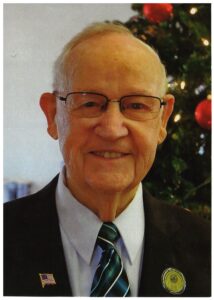
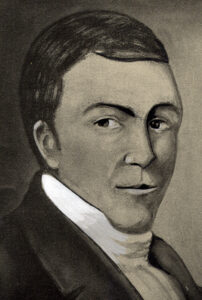

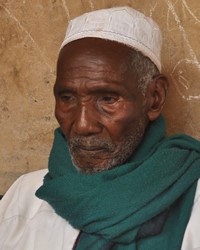
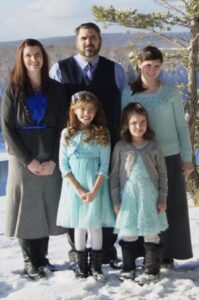
 There was no headstone for Charlotte Rowe until her name was uncovered among the missionaries appointed by American Baptist International Ministries during research as it prepared for its 200th anniversary.
There was no headstone for Charlotte Rowe until her name was uncovered among the missionaries appointed by American Baptist International Ministries during research as it prepared for its 200th anniversary.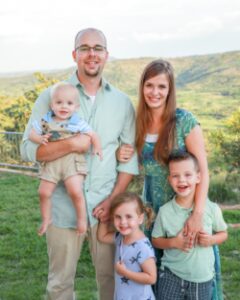
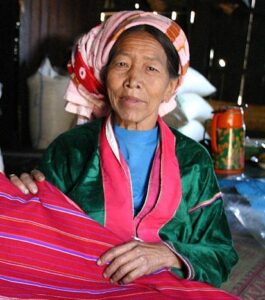

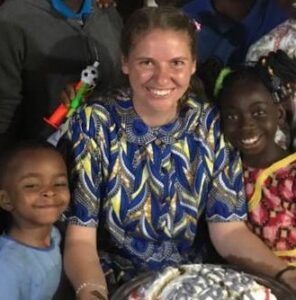
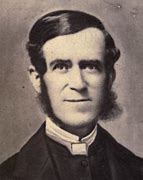
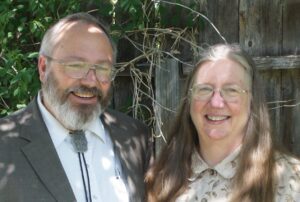
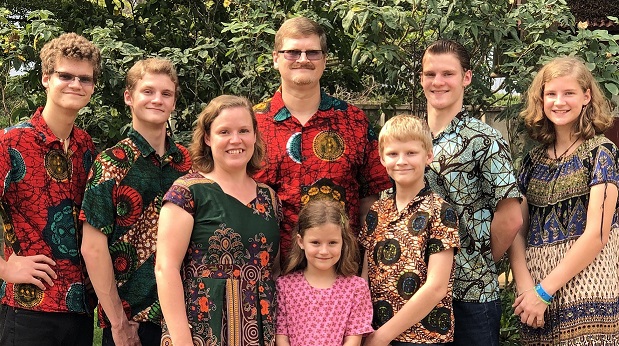
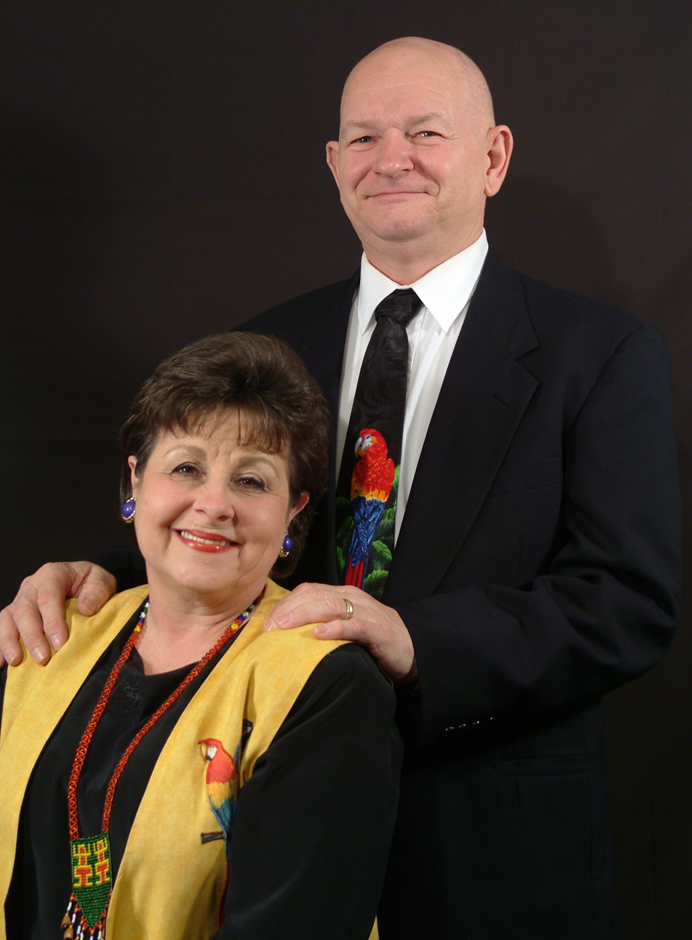

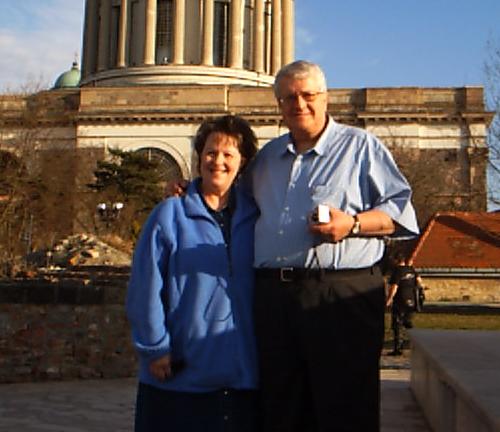
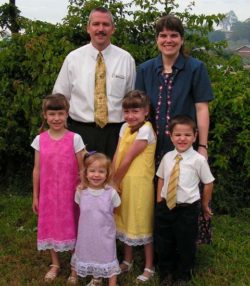
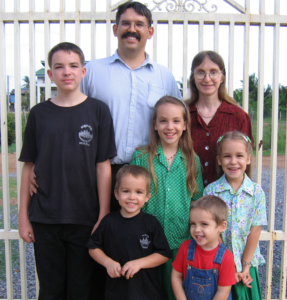
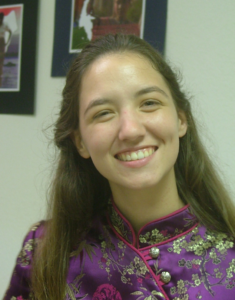 In our missionary-minded churches, many children feel called to be missionaries. Some may be drawn by the adventure of missions, others may feel sorry for the poor, hungry children in other countries; no doubt, some genuinely love God and want to do His will. As these children grow into adolescence, they should become more serious and mature in their dedication to Christ and His great commission; sadly this is rarely the case. Many allurements such as boyfriends and girlfriends, cars, jobs, education, etc. become more important than lost souls on the mission field. Often the call to missions is not nurtured by parents, peers, or pastors.
In our missionary-minded churches, many children feel called to be missionaries. Some may be drawn by the adventure of missions, others may feel sorry for the poor, hungry children in other countries; no doubt, some genuinely love God and want to do His will. As these children grow into adolescence, they should become more serious and mature in their dedication to Christ and His great commission; sadly this is rarely the case. Many allurements such as boyfriends and girlfriends, cars, jobs, education, etc. become more important than lost souls on the mission field. Often the call to missions is not nurtured by parents, peers, or pastors.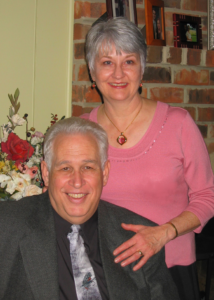 Jerry became a marine at age seventeen, and the people back home in Michigan thought he was a Christian. He had made a profession of faith at age twelve, but his life showed little evidence of salvation. One evening, Jerry and three other marines planned to go to town and get drunk. A corporal, however, needed a truck driver, and Jerry had to stay on duty. On their way home, his buddies hit a bridge abutment, and two were killed. Later, Jerry requested a transfer to Okinawa, a staging area for Vietnam, but that move was canceled because a new plan to marry Barbara developed. A marine friend, who also wanted to go to Okinawa, took Jerry’s place on the plane which crashed, killing all on board. Jerry was actually saved in 1967 after leaving the Marine Corp and while attending a Bible college. Barbara, his wife of 40 years, was raised in the home of a godly Baptist preacher and was saved by the same marvelous grace at age fourteen.
Jerry became a marine at age seventeen, and the people back home in Michigan thought he was a Christian. He had made a profession of faith at age twelve, but his life showed little evidence of salvation. One evening, Jerry and three other marines planned to go to town and get drunk. A corporal, however, needed a truck driver, and Jerry had to stay on duty. On their way home, his buddies hit a bridge abutment, and two were killed. Later, Jerry requested a transfer to Okinawa, a staging area for Vietnam, but that move was canceled because a new plan to marry Barbara developed. A marine friend, who also wanted to go to Okinawa, took Jerry’s place on the plane which crashed, killing all on board. Jerry was actually saved in 1967 after leaving the Marine Corp and while attending a Bible college. Barbara, his wife of 40 years, was raised in the home of a godly Baptist preacher and was saved by the same marvelous grace at age fourteen.